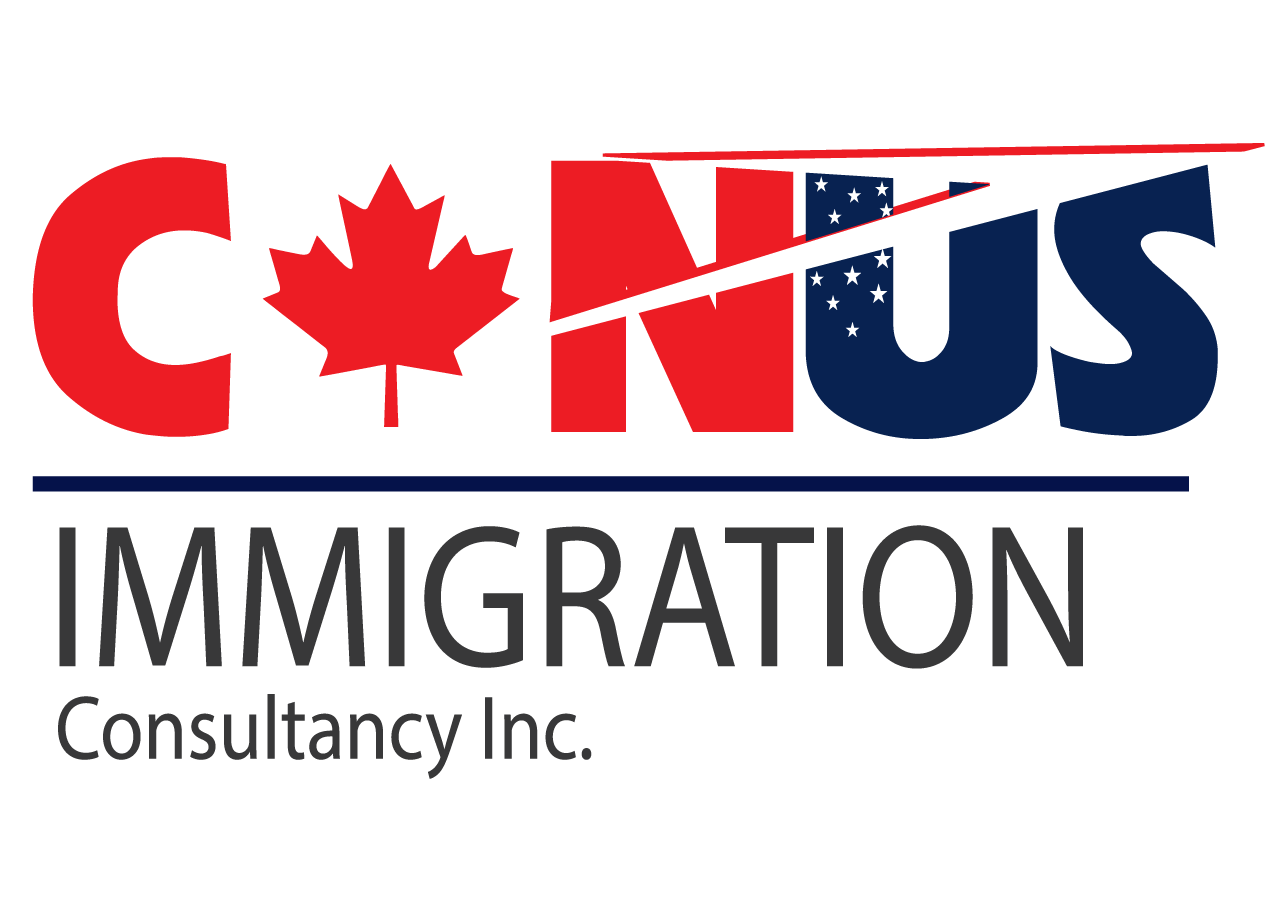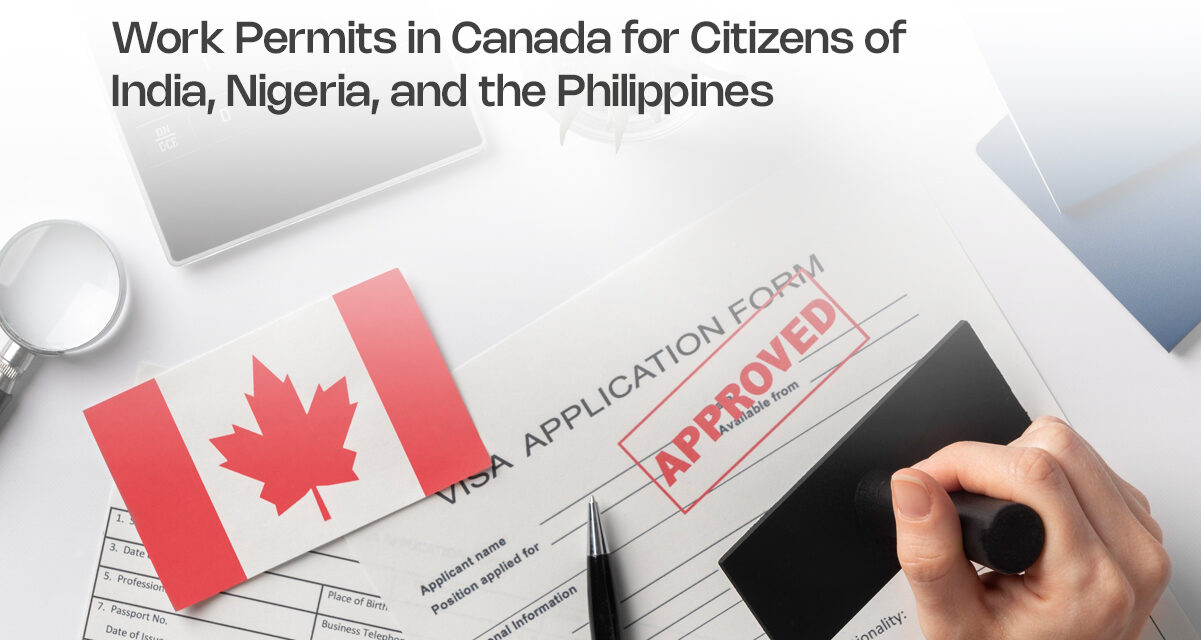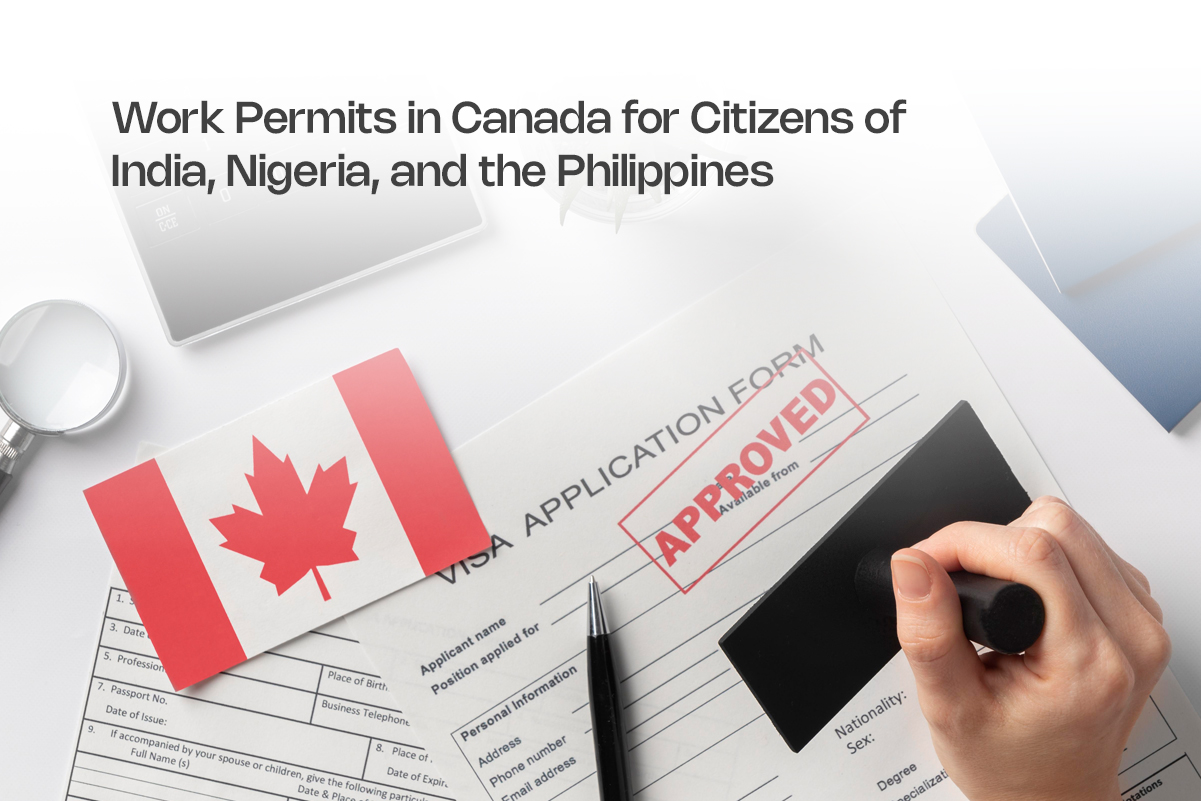Work Permits in Canada for Citizens of India, Nigeria, and the Philippines Your engineering degree from Nigeria could be your ticket to a $80,000 job in Calgary. Your nursing experience from the Philippines might land you in a small Canadian town that desperately needs healthcare workers. Your IT skills from India could open doors to...
- Monday - Friday10AM - 7PM
- Offices: 201-7025 Tomken Rd, Mississauga, ON L5S 1R6, CANADA


